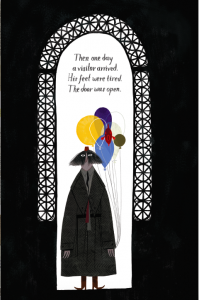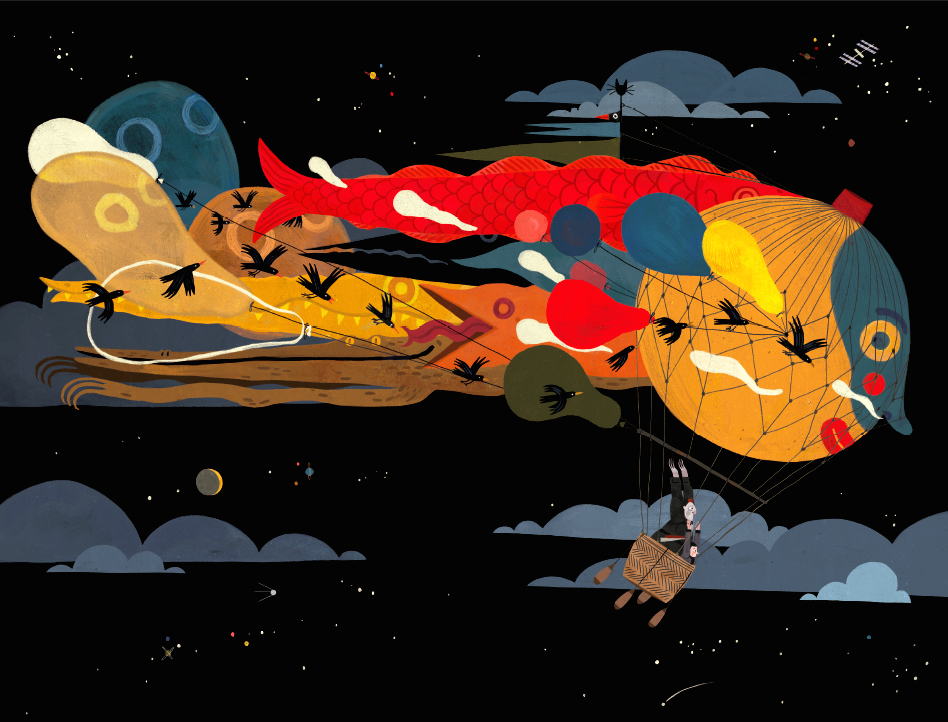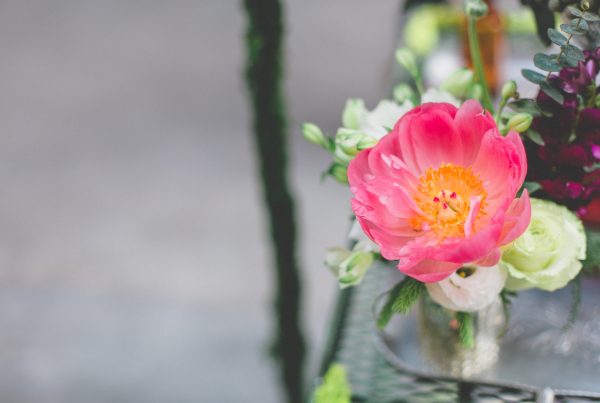The reality of book making is that you write something and release it into the world never knowing how it will land. If you’re fortunate, your book may attract a few readers and, if you’re truly fortunate, those readers may feel roused and delighted by what you’ve done, and even budged from former ways of looking at the world. In the best of all scenarios, your book will gather luster and layers of connotation as it travels.
I welcome all readings and readers.
Yesterday, on a blustery autumn morning, I had the experience of presenting my work to a warm group of teacher-librarians alongside several other children’s authors and illustrators. We were there at the invitation of Eleanor LaFave, splendid owner of the children’s bookstore Mabel’s Fables in Toronto. Unbeknownst to me the theme of the gathering was “inclusivity and diversity” and so I was very interested that Eleanor chose to introduce my new book The Liszts as “the story of a family of list-makers who are one day met with a visitor who is not on anyone’s list,” adding emphatically: “This is a story of diversity.’

Now I am loathe to shoehorn my work into the diversity box for any sales or marketing purpose but I have to say I was elated—ELATED—that Eleanor got the book, I mean really understood the gist of the narrative on this level. And I say this not because I want people to read the story and extract some grand old “inclusion message” but because to have The Liszts included in a conversation that was heading in a fairly linear and literal “diversity” direction felt like an unexpected moment of swerve and expansion.
How to care for the strange stranger, how to welcome the unknown, how to broaden the boundaries of home and family—these are deep challenges. This morning I was reminded of this fact while reading a short essay by Teju Cole. It was about the incendiary use of language in a New York Times article (discussing the dismantling of a “squalid” and “festering” refugee camp in Calais, France.) Cole encapsulated his frustration with the NYT’s reportorial frame with the following question: “how do you stop telling the story of migration as though the travelers are a problem rather than humans caught in dire straits and deserving, like us, of every kindness?”
Framing matters. Unfriendliness and unwelcome are perpetrated on various scales, and embedded in our language, with varying consequences. What kind of problem is a visitor? What kind of possibility?
Over ten years ago, my great literary love, Ali Smith, wrote a novel titled The Accidental, which, like The Liszts, pivots around this essential question: What do you do when the person who is from the outside (i.e. a new arrival or a newly arrived situation) turns up at your door? As Smith asks: “Do you let that person in or not? And what if, as in all the fables and myths, that person is the gods? Or what if that person steals everything from you? Or both? We have to remember hospitality. We have to remember what it’s like to be humans, to be strangers in the world and be welcomed in.”
Ali Smith creates stories that open onto the unruly and unforeseen and I love her for it. She is a truly hospitable artist and by this I mean she is someone who does not start from a position of scarcity and meagreness—taking a kind of Noah’s Ark (or Post-Brexit) approach to the ‘problem’ of inclusion, where in order to survive (or avoid criticism, or ‘be on board’) we will include “two of this and two of that,” ticking boxes as we go. Smith approaches her storytelling, and indeed the vast complicated and suffering world, with a spirit of persistent and abundant welcome that proclaims, “Let’s throw the doors open and see what and who the heck arrives.”
On the subject of hospitality, I want to thank readers who have come to my (sometimes strange) books with open minds and welcoming hearts. Thank you!
And, finally, a toast of welcome to future visitors who may mess up my house, turn my stuff upside down, and (with any luck) keep a sense of surprise and communal hope aloft.
 All images by Júlia Sardà from The Liszts. Published by Tundra Books (North America), Andersen Press (UK), La Pastèque (French) 2016.
All images by Júlia Sardà from The Liszts. Published by Tundra Books (North America), Andersen Press (UK), La Pastèque (French) 2016.
“Tolerance is the opposite of hospitality.” —Jacques Derrida

